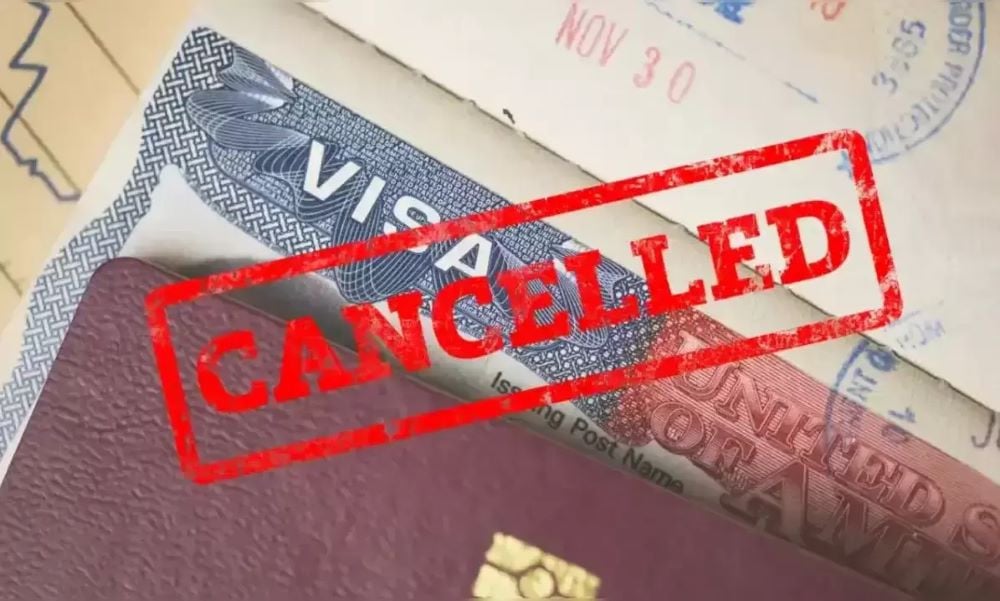WORLD NEWS

South Korea – North Korea has escalated tensions with South Korea through a GPS jamming operation that has caused disruptions to numerous ships and civilian aircraft operating in South Korea’s West Sea, also known as the Yellow Sea. The South Korean military issued warnings on Saturday, urging caution for vessels and aircraft operating in the region due to the ongoing interference, which began on November 8 and continued into November 9.
The South Korean Joint Chiefs of Staff (JCS) confirmed that North Korea had carried out GPS jamming provocations in the Haeju and Kaesong regions, with several ships and dozens of aircraft experiencing operational disruptions. While the interference signal was reportedly weaker than previous instances, South Korea’s military authorities remain on high alert, calling for an immediate cessation of the jamming activities.
GPS, which relies on a network of satellites and receivers to provide positioning and navigation services, is critical for both civilian and military operations. The South Korean military assured that its own operations and equipment were not affected by the jamming, but aviation experts have expressed concerns over the potential risks posed by such interference, which could lead to accidents in South Korean airspace.
This is not the first instance of North Korea engaging in GPS jamming operations. Between May 29 and June 2, an estimated 500 planes and hundreds of ships were affected by similar interference. The South Korean government previously lodged a formal complaint with the International Civil Aviation Organization (ICAO), which subsequently issued a warning to North Korea.
Military experts believe that North Korea’s recent GPS jamming operations are part of a broader strategy aimed at increasing psychological insecurity in South Korea, especially amid escalating tensions between the two nations. These tensions have been marked by recent missile tests from Pyongyang, the destruction of cross-border transport infrastructure, and the controversial deployment of North Korean troops to fight alongside Russia in Ukraine.
Yang Moo-jin, president of the University of North Korean Studies in Seoul, speculated that the motivations behind the GPS jamming may involve multiple factors, including an attempt to divert international attention from North Korea’s military activities or to retaliate against South Korea’s recent missile tests. Yang also warned that such jamming attacks could lead to serious accidents, particularly in aviation, if left unchecked.
In response to North Korea's growing provocations, South Korea conducted a missile test on Friday, launching a Hyunmoo surface-to-surface short-range missile into the West Sea. This test was part of South Korea’s "Kill Chain" strategy, which enables preemptive strikes against North Korean threats.




